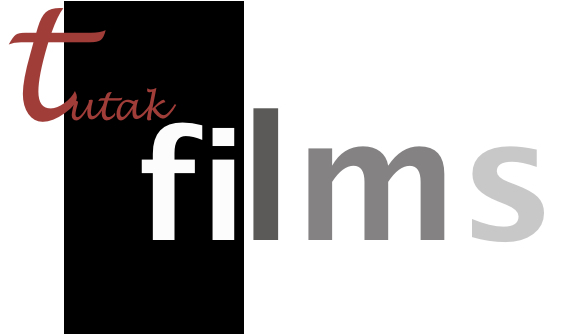 |
||||||
|---|---|---|---|---|---|---|
|
||||||
ROBERT TUTAK was born in Poland in 1954. In 1988, he moved to the United States. Performing arts have been his passion from early childhood. He was involved in the theater, first as a teenage puppeteer, then, in high school, as a member of a well-known avant-garde group, Gong 2, where, in 1969, he received an acting award at the Spring Theater Festival in Lublin. Growing up in the 60s and 70s in communist Poland, he was fascinated by the Beat Generation and other counter-cultural and political movements in the U.S. and across Europe. He experienced his theatrical awakening watching the Living Theater, the Bread and Puppet Theater, and the Grotowski's Laboratory Theater. |
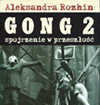 |
|||||
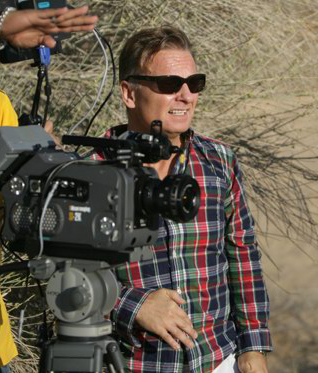 |
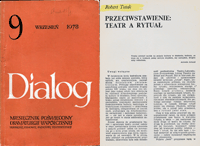 |
His M.A. thesis paper titled: Antonin Artaud: Theater vs. Ritual, which he wrote at the Interdepartmental School of Contemporary Culture of the University of Wroclaw, Poland, where he studied Culture Sciences under Prof. Stanislaw Pietraszko, was greatly influenced by the experimental theater at home and abroad. It was a comparative deconstructive analysis of theater and ritual as parallel phenomena, using the structuralist methodology of Levi Straus. The paper was later published |
||||
| At the age of twenty six, he passed a grueling, three week-long entry exam to the Lodz Film School of Poland (PWSFTviT), a renowned film academy in Europe ranked by the Hollywood Reporter among the “Top 15 Film Schools” in the world (THR, 08/05/ 2011). (He was one of only six candidates, out of over three hundred, to be admitted.) He spend next four years immersed in the films of Bergman, Kurosawa, Fellini, Bresson, Antonioni, Tarkovsky, Coppola, Kubrick, Scorsese, and other masters of world cinema, while studying filmmaking with the masters of Polish cinema: Wojciech Has, Andrzej Brzozowski, Maria Kornatowska (film criticism), Janusz Morgenstern, Jerzy Kawalerowicz, and Henryk Kluba. |
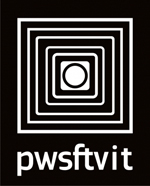 |
|||||
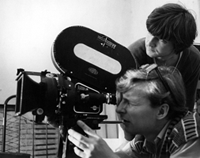 |
His films Pragnienie (Thirst) and Twarz (The Face), won recognition at some of |
|||||
Robert graduated from the Lodz Film School with honors, receiving the M.F.A. in Directing for Film and Television, and went on making his professional debut with two films: a documentary Cisza (Silence), produced by the Educational Films Production House (WFO) in Lodz, Poland, and a made-for-TV movie Mecz (Match), produced and distributed by TVP1, Polish public television network with the reach of 39 mil. Joanna Szczepkowska, a renowned Polish actress, who played the lead role (she also worked with Krzysztof Kieslowski in Decalogue), received the Best Female Award at the Festival of Young Cinema in Gdansk, Poland, 1989, for the film. |
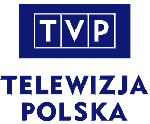 |
|||||
 |
In 1988, while putting finishing touches on Mecz, Robert was awarded the prestigious Fulbright Foundation Grant in Film, which took him to Stanford University, Palo Alto, CA, for the summer course, and then to the San Francisco Art Institute, the center of non-narrative cinema on the West Coast of the U.S., where he studied experimental cinematic forms. |
|||||
Following the study at SFAI sponsored by Fulbright Foundation, he remained in the U.S. and on January 7, 2000, was naturalized and granted the U.S. Citizenship as a “prominent alien” accomplished in filmmaking, “…one of those who have risen to the top of his field of endeavor, […] has sustained national and international acclaim and that his achievements have been recognized in the field of expertise [filmmaking].” |
||||||
As the graduate of the Lodz Film School of Poland, he found a fairly easy access to employment in higher education in the U.S. and was offered teaching positions at several academic institutions, including Pratt Institute, the School of Visual Arts, and the City University of New York. Concurrently with teaching, he was working as a freelance producer for the Polish Television Network PTVN in NYC, directing documentaries, which aired on Channel 31 WNYC-TV, New York, and TVP1, Warsaw, Poland. |
||||||
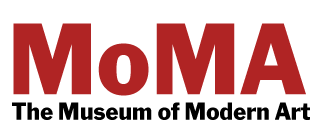 |
One of the most important moment in Robert’s film career came in 1999, when |
|||||
| Krzysztof Kieslowski, Krzysztof Zanussi, and Jerzy Skolimowski. The MoMA Retrospective screened at several other venues as well: the UCLA Film and Television Archives in Los Angeles, CA, the Pacific Film Archives, Berkeley, CA, the Santa Fe Cinematheque, NM, and the Cleveland Cinematheque, OH. | ||||||
|
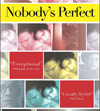 |
|||||
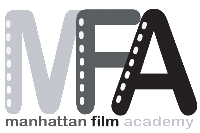 |
|
|||||
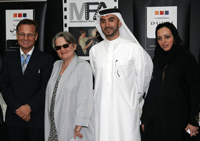 |
In spring 2008, Robert organized in Dubai a semester-long Intensive Film Production Program, supported by Dubai Studio City, Dubai Arts and Culture Authority, SONY ME, and Apple ME. It was geared towards Emirati communications students and Dubai media professionals, but attracted media professionals from all over the Middle East and the world, including Australia, Bahrain, Brazil, Egypt, India, Lebanon, Oman, Pakistan, the Philippines, Russia, Saudi Arabia, Syria, the UK, and the US. As Program Director, Robert designed the curriculum and brought to Dubai a number of highly accomplished filmmakers, including the three-time Academy Awards® nominee writer-director Agnieszka Holland (Europa, Europa, |
|||||
| The Secret Garden, In Darkness),
Academy Awards® nominated cinematographer Slawomir Idziak (Black Hawk Down; Harry Potter; Three Colors: Blue & Red, dir. Krzysztof Kieslowski), Academy Awards® winner for Best Art Direction Allan Starski (Schindler’s List), cinematographer-director of the acclaimed TV series Monk Joe Pennella, and Emmy-winning and Academy Awards® nominated sound designer Ira Spiegel (Ken Burns’s Baseball; Robert Altman’s Short Cuts; Milos Forman’s The People vs. Larry Flint). |
||||||
 |
||||||
In July 2008, Robert was invited to teach a film production workshop at the Jeddah Film Festival in the Kingdom of Saudi Arabia. It was the first ever such an event in KSA, held during the first ever film festival in the country, where cinemas were banned and watching films was forbidden. Working in Jeddah was trully an extraordinary experience. Later Robert went on the guest speaker circuit, delivering lectures on film screenwriting and directing at the International Film Studio, Nizhny Novgorod, Russian Federation, the Middle East College, Muscat, Oman, and the 3rd GCC Film Festival in Abu Dhabi |
||||||
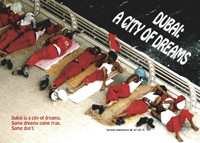 |
In Dubai, Robert was appalled by the living and working conditions of the thousands of immigrant workers from India, Bangladesh, and Pakistan. Speaking on labor issues in Dubai is punishable by law. Risking a fine, imprisonment or deportation, in collaboration with his students, Robert produced a feature documentary on labor exploitation and human rights abuses Dubai: A City of Dreams. The film premiered at the Guangzhou International Film Festival GZ DOC, China, and screened at several festivals around the world, including the United Nations Association Film Festival UNAFF at Stanford University and the International Documentary Film Festival Amsterdam, The Netherlands, the largest documentary film festival in the world. |
|||||
For info on recent projects, please go to home page.  |
||||||